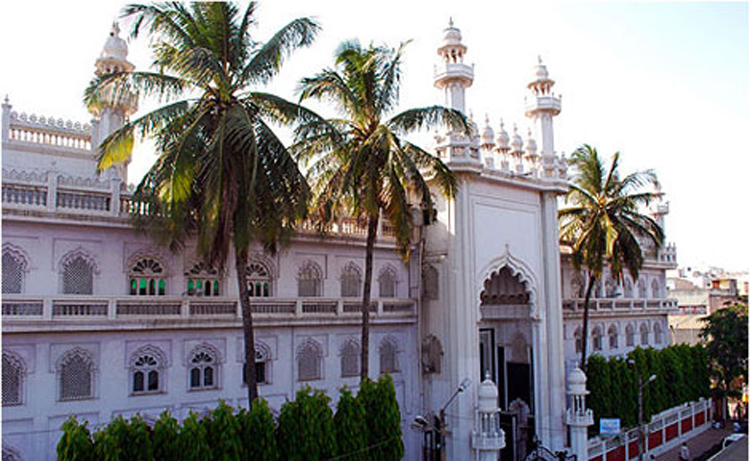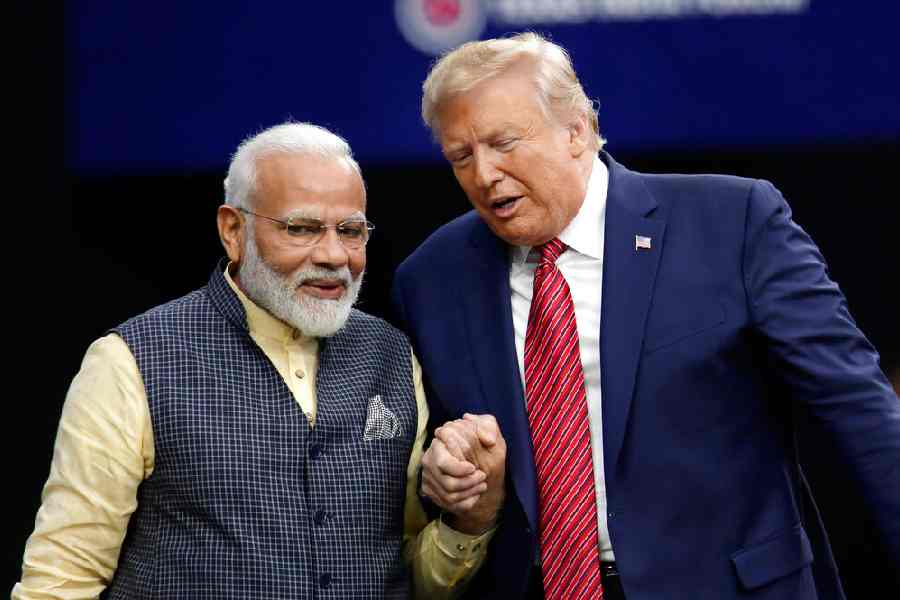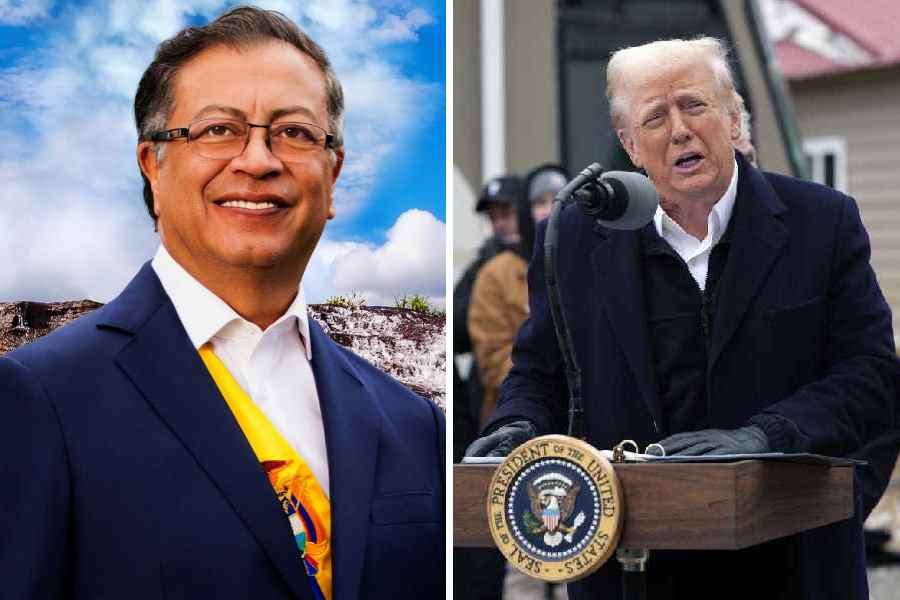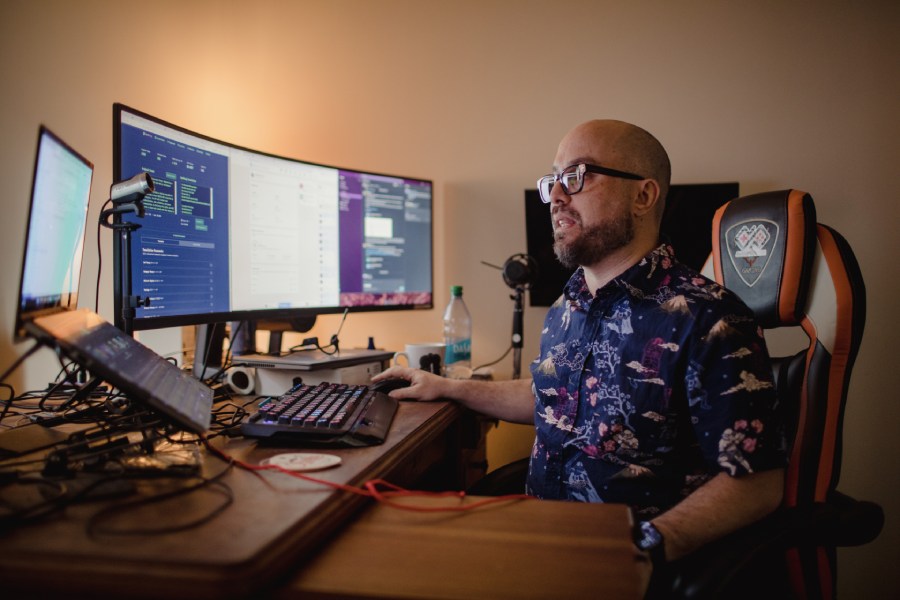Citizens’ centres functioning in mosques across Karnataka are coming in handy for the correction of personal documents of people of all faiths who otherwise have no access to such facilities, at a time when a country-wide National Register of Citizens exercise seems imminent.
First started at the Juma Masjid in Bangalore, the facility is now available in at least a dozen mosques in the city. Mosques in the districts have also replicated the initiative to provide free document rectification to the needy.
“We originally started this centre about three months ago because most people in our community have different spellings in different documents. So we thought if we provide a free service, then anyone, not just Muslims, can get their names, addresses and other details corrected,” the imam of the Juma Masjid, Maulana Mohammed Maqsood Imran, told The Telegraph on Thursday.
“The NRC was not the reason why we started this. I have been travelling to the US every year for the past 14 years and I see that everybody there possesses proper documents. So I thought why not extend a free service to the needy,” he said.
The citizens’ centre, basically a volunteer with a laptop connected to the Internet, at the Juma Masjid alone has helped correct over 1,000 documents in the past three months.
But now with an NCR exercise looming large on the entire country, Maulana Imran expects a rush of people who would want to keep their documents ready before such a drive is conducted in Karnataka, where Muslims make up more than 15 per cent of the 6.4-crore population.
“I am sure we will have more people in the coming days and weeks wanting to correct their documents. We have also instructed all the 1,600 mosques in the state to educate the people on what is needed for the NRC,” the imam said.
He is now planning to open an Aadhaar facilitation centre at the Juma Masjid to offer free services to anyone who might need corrections in their identification documents.
“Our citizens’ centres can help people correct almost all documents except Aadhaar, for which we need a government licence. We are planning to apply for a licence to open an Aadhaar centre here soon,” he said.
Maulana Imran has also taken the initiative to launch a door-to-door awareness campaign among people who have little idea about what is needed to surmount the NRC mountain.
“Several of our youngsters have been going around educating people on what documents are needed. We might need more volunteers in the days to come since we expect more people to seek our services,” he said.
Kannan Gopinathan, the IAS officer who has offered to resign in protest against the abrogation of Jammu and Kashmir’s special status, told this newspaper how proper documents have become of paramount importance after Parliament passed the Citizenship (Amendment) Bill.
“I was in Mumbai a month ago where I saw a Muslim gentleman crying inconsolably. When asked, he said he had lost a vital document and did not know what to do. These days documents have become the lifeline of the people,” said Gopinathan, who is now travelling across the country to create awareness about the dangers of implementing the CAB and the NRC.
The Karnataka State Minorities Commission has urged Muslims not to panic.
“I don’t know why some people are fanning fear among the people, especially the Muslim minorities. Only illegal migrants from other countries need to worry,” commission chairman Abdul Azeem told this newspaper.
But considering the all-pervasive fear ever since the CAB was passed in both Houses of Parliament, the commission is planning to seek the state government’s help in issuing necessary documents to those in need of them.
“Ninety per cent of Muslims in Karnataka are from agrarian families who currently possess or once possessed large tracts of agricultural land. All they have to do is to go to the concerned village office and get the documents to prove their family history, which usually goes back hundreds of years,” Azeem said.
Asked how would such an advice work when village offices are some of the most corrupt in the state, he said the commission would ask the state government to direct all revenue officials to be ready to help people who approach them for documents to prove their family network.











